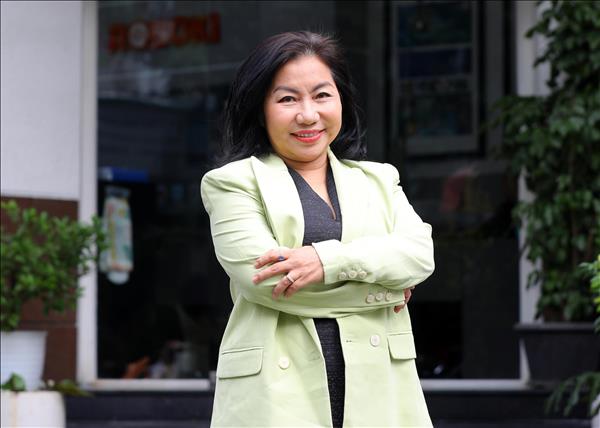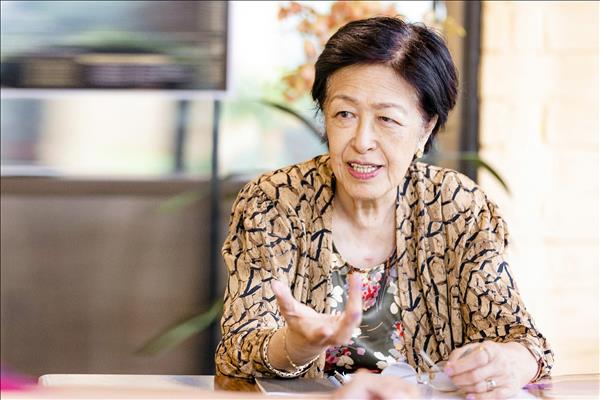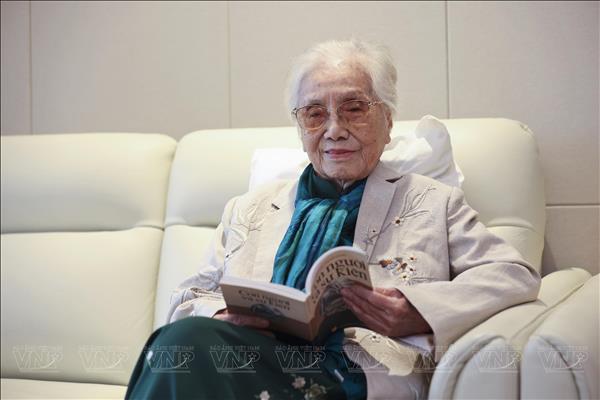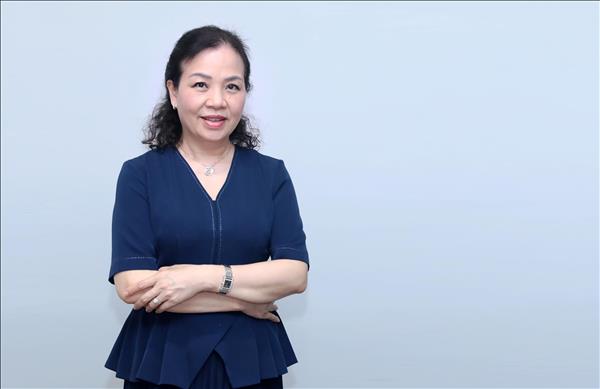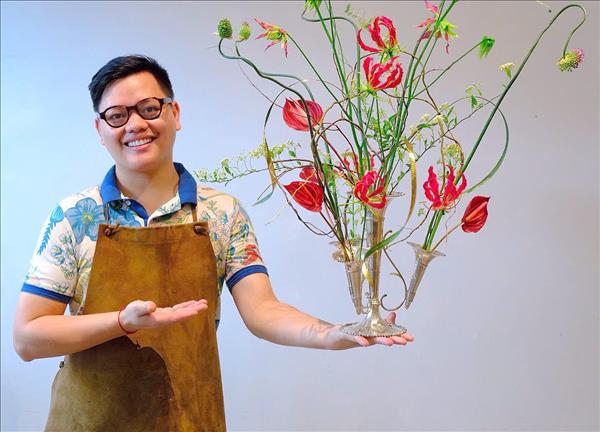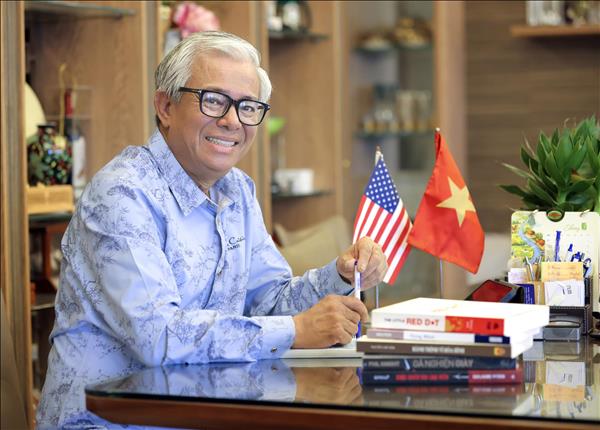The story of The Whistleblower of My Lai
We met the American director in Hanoi at a special preview of her film “The Whistleblower of My Lai”. The film has not been officially released yet as Connie just finished it days before she left for Vietnam. The director chose to screen the documentary in Vietnam first to commemorate the 50th anniversary of the My Lai massacre.
We met the American director in Hanoi at a special preview of her film “The Whistleblower of My Lai”. The film has not been officially released yet as Connie just finished it days before she left for Vietnam. The director chose to screen the documentary in Vietnam first to commemorate the 50th anniversary of the My Lai massacre.
The idea of making this film came to Connie at a dinner party where composer Jonathan Berger told her he was creating an opera about My Lai. Connie never knew who Hugh Thompson was until Jonathan told her, even though she had learned about My Lai in 1969 like other Americans. As an activist against the war in Vietnam, which had largely shaped her as a person, Connie was very interested in the story.
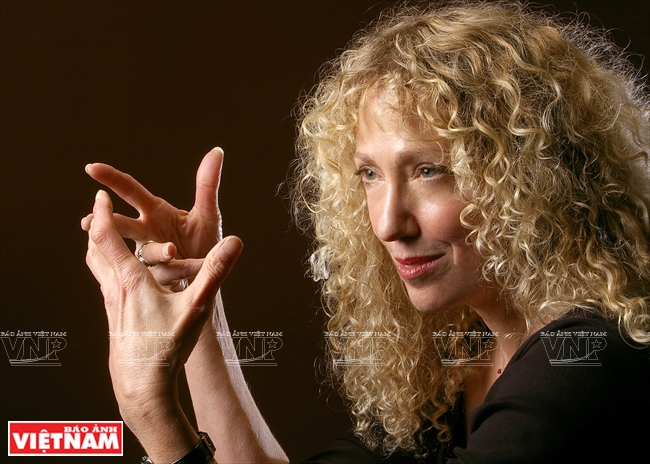 Academy nominated and Emmy winning director Connie Field. Photo: Clarity Film© |
The Whistleblower of My Lai is a unique fusion of opera and documentary that blends the emotional chrystalization of a dramatized human story with the concreteness of real life. It tells a story that captures both the best and worst of humanity through the examination of one incident in one man’s life: army helicopter pilot Hugh Thompson and his discovery and exposure of the My Lai massacre in Vietnam.
The opera is created by composer Jonathan Berger and librettist Harriet Chessman, and performed by the Kronos Quartet, tenor Rinde Eckert and master Vietnamese musician, Van-Anh Vo. The story portrays Thompson in his final days, dying of cancer and desperately trying to make some sense of the events of 40 years earlier.
The creators’ and performer’ innermost thoughts on the personal meaning of the Vietnam war, their understanding of who Hugh Thompson was and what he faced blend with the performance. The real horror of the massacre of over 500 Vietnamese civilians by American troops explodes on the screen capturing an historical moment the revelation of which traumatized American society, and lead to questioning the morality of its military.
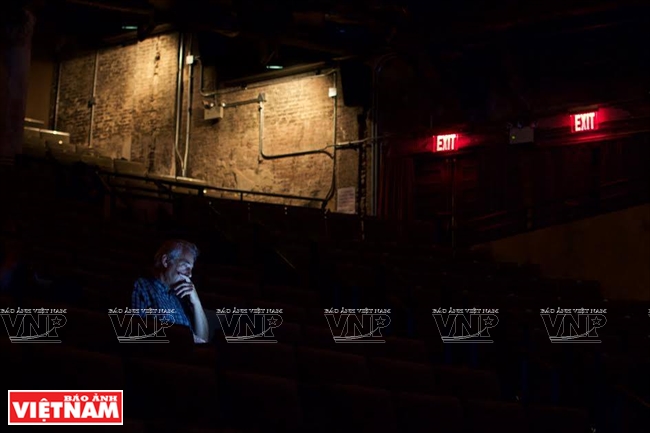 Composer Jonathan Berger, the creator of the opera, at the Harris Theater in Chicago where he opened the opera. Photo: Evan Neft. |
The documentary creates high artistic and emotional effects with music as the connecting string running through the film. The combination of Western music and traditional Vietnamese instruments helps reveal the pain of Vietnamese people in the war, and the psychological trauma of Thompson who was considered a traitor.
The film, which tells the efforts of Hugh Thompson, helicopter gunner Larry Colburn and crew chief Glenn Andreotta to save innocent victims in Son My, delivers a message of humanity. From the painful image of My Lai emerged the beauty of courage as the soldier tried to stop the killing and tell the truth despite its consequences. Thompson was finally recognized as a hero by the US government thirty years later.
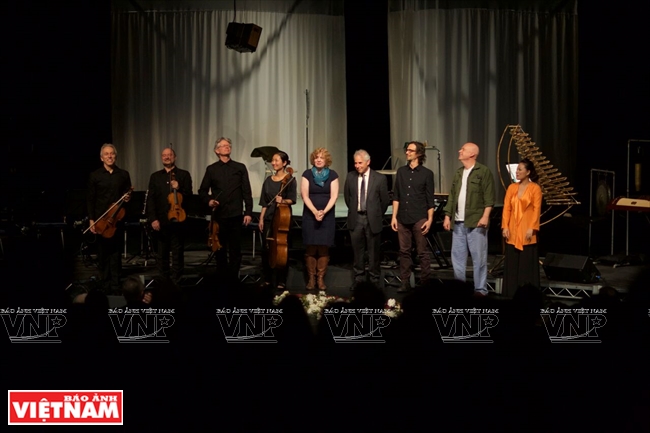 The creators and performers of the My Lai opera at the Harris premiere in January 2016. Photo: Zoran Orlic |
The film screening was held in Hanoi and Ho Chi Minh City and received a warm response from young Vietnamese in the audience who found it a deeply moving experience, which allowed them to understand and feel this history of the war in a much more engaged way than a traditional documentary.
The trailer of the film is at <https://vimeo.com/253505684>
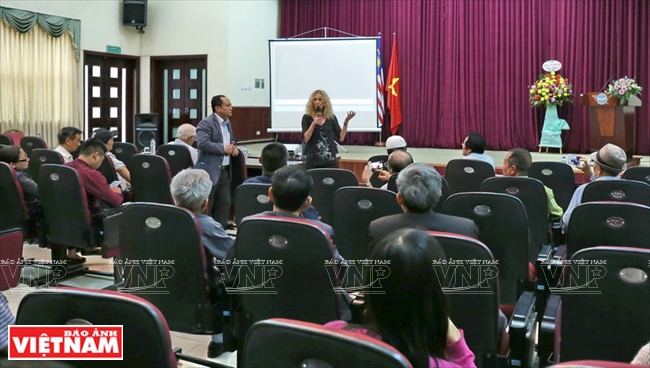 Connie Field talks with the audience after a showing of The Whistleblower of My Lai at the Vietnam Union of Friendship Organizations in Hanoi. Photo: Khanh Long / VNP 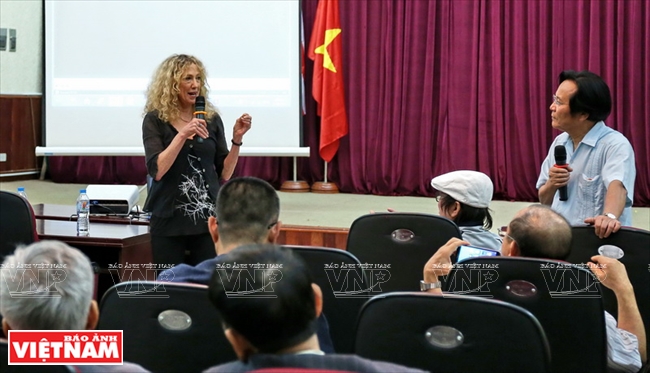 She shares with the audience how the idea of making the film came to her. Photo: Khanh Long / VNP Connie Field and her husband (fourth from left) pose with well-known director Dang Nhat MInh (third from right) and guests after the film screening at the Vietnam Union of Friendship Organizations. Photo: Khanh Long / VNP 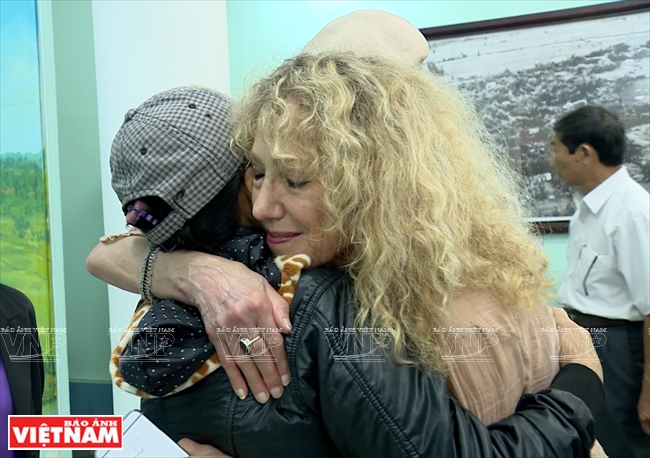 A local from Son My commune is so moved to meet the American director at the My Lai museum in Quang Ngai. Photo: VTV4 Talk Vietnam |
|
During her visit to My Lai museum, Connie Field met Tran Van Duc, the son of a victim of My Lai massacre. Duc's mother who was shot dead appeared in a photo used in Connie's film. Photo: VTV4 Talk Vietnam |
Pioneering social documentary filmmaker
Before getting involved in film, Connie Field was a full time political organizer against the war in Vietnam. From 1967-1973, she worked with various organizations, planning and monitoring many demonstrations in Boston, Washington DC, and New York City. She also organized the women’s movement during the era called the second wave of feminism.
When working with an organization called Newsreel in 1970, she made and distributed films about social conditions and social movements. She then went to New York City and worked as an assistant editor on documentaries and feature films. In 1975, she moved to California to work with a film collective whose aim was to make socially conscious feature films.
Explaining the reason she became a filmmaker, Connie said she was in love with ideas and thought film was the most powerful medium to tell a story. She was also very interested in telling untold historical stories because when she worked in the Movement, she learned many things not taught in schools about how previous generations changed the world, which was extremely important to her.
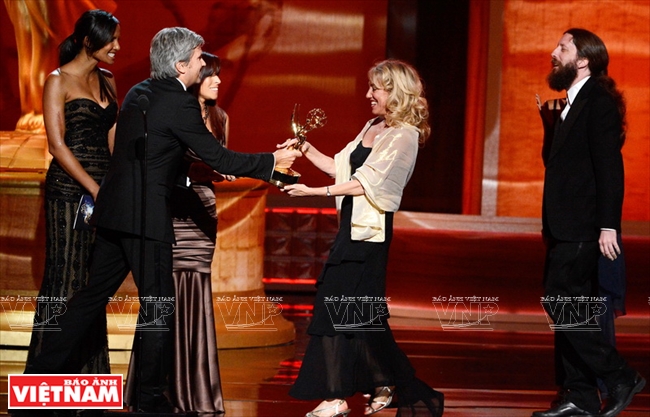 Connie Field received the Prime Time Emmy Award in 2012 for the film series "Have you heard from Johannesburd". Photo: Emmy Award © |
Connie’s first film was “The Life and Times of Rosie the Riveter”, a story of working women during World War II who took men’s work for the duration of the war. The women were dismissed as soon as the war ended, and thrown back into low paying ‘women’s work’. The film premiered at the New York Film Festival in September 1980, which was then one of the most important film festivals at that time. The film went to festivals all over the world, and was shown theatrically in the US, UK and Australia. It has been translated into 20 different languages, broadcast and used in schools all over the world, and is still in active distribution.
She founded her own company Clarity Films (http://www.clarityfilms.org/index.html) and went on to make many more films that were broadcast in over 30 countries including Japan, Brazil, South Africa, Britain, Australia, Denmark, Germany, France, Spain, England, and in the US.
Connie is a recipient of the John Grierson Award as most outstanding social documentarian, and a John Simon Guggenheim Fellowship and is a member of the Academy of Motion Picture Arts and Sciences.
She is currently working on a film about the US Anti-Vietnam war movement; Buchla, the story of a man who invented the synthesizer; and The Monument, a story about the creation of false history in Hungary./.
|
Connie Field’s work includes
|
Story: Ngan Ha
Photos: Khanh Long, VTV4 Talk Vietnam, files
Photos: Khanh Long, VTV4 Talk Vietnam, files


